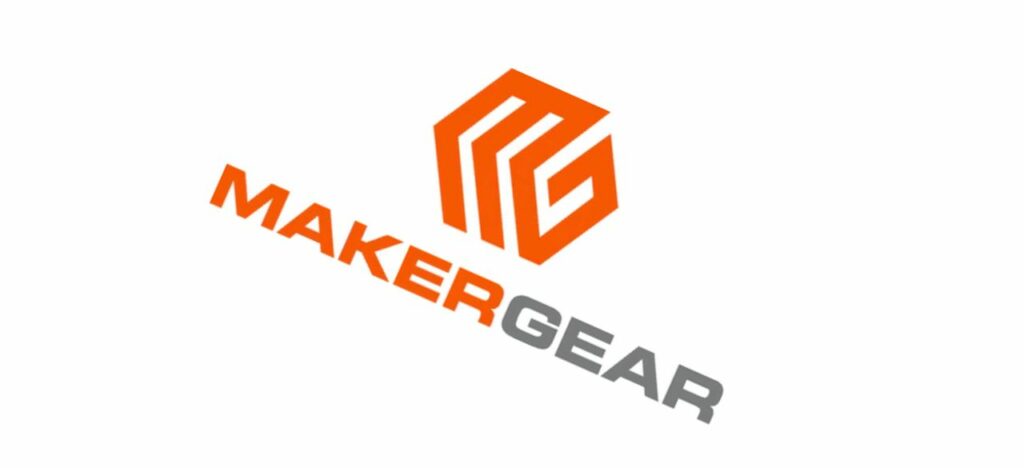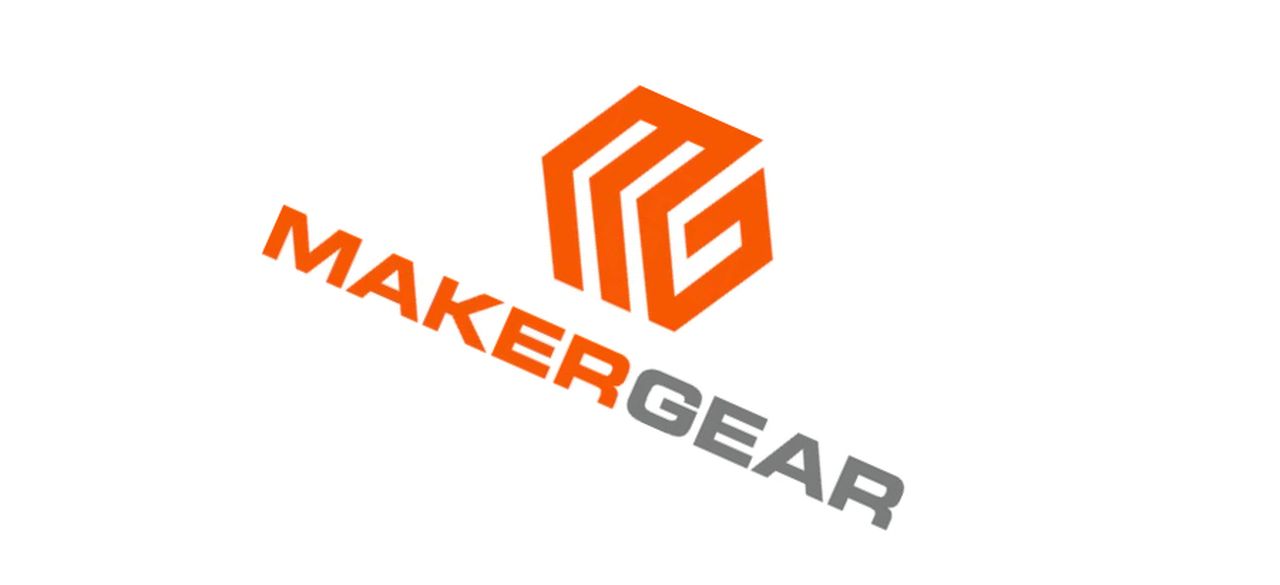
Things aren’t looking good for Makergear, one of the original desktop 3D printer companies.
Makergear launched way back in 2009, just after the Stratasys patents expired enabling innovators to build similar equipment at low cost. Among the players at the time were MakerBot, Ultimaker and Solidoodle. We’ve published dozens of stories involving MakerGear over the years.
Based in Ohio, near Cleveland, the company has produced many thousands of 3D printers for operators worldwide over those years. But now things look a bit dark.
Earlier this year the company posted a dire warning on their homepage, suggesting that buyers should take caution due to supply chain disruptions messing up MakerGear’s production. In the message MakerGear explained they were continuing to ship products on hand, as well as support existing equipment, “as long as supplies to do this remain available.”
Then this week MakerGear founder Rick Pollack posted a passionate message on LinkedIn where he basically said the company is for sale.
Why? Pollack explains:
“Due to significant supply chain disruptions – higher costs and long lead-times – it has become too problematic for MakerGear to keep printers in stock. We can’t get parts and/or they’ve become too expensive.”
They’ve “scaled back operations” and now seek “new leadership”. Pollack is seeking a complete takeover by a well-funded operation, or a transition to an appropriately skilled but not-funded team.
Both outcomes suggest MakerGear will not be the same afterward.
While two outcomes are suggested by Pollack, I suspect there are several other possibilities, with one being that no one steps forward and MakerGear simply shuts down. While undesirable, this could be the most likely possibility because a new lead of the existing MakerGear operation will face the same severe problems that beset the original owners. If nothing changes, then the same outcome will occur, and no investor will want to burn cash to do that.
Another possibility is that a larger entity acquires MakerGear’s assets and integrates / merges MakerGear products and technology into an existing product line. MakerGear’s hardware products are quite solid and have a very good reputation. This could boost a 3D printer manufacturer with less capable products. In this scenario the new owner would have to rethink the supply chain problem, and that might not have a good answer short of redesigning the machine and using regionally produced parts.
It is also possible that a company might want just the branding and customer list, to be applied to their own products that may not have the same supply chain issues.
An intriguing possibility is that an Asian 3D printer manufacturer might want to take on the MakerGear products, as they may have a greater ability to produce the printers with a different supply chain scenario. The branding could also be used to gain a stronger footing in the West. While interesting, I think this concept is unlikely as I don’t know of any Asian companies that might be bold enough — or sufficiently funded — to take on the idea.
Pollack’s notion of a “transition” might be a possible outcome. This has been done previously, as FAME 3D was able to successfully take over the LulzBot brand a few years ago, but their success still required significant investment and considerable manufacturing expertise. That deal also benefited from the fact that at the time LulzBot was one of the largest and most well known brands in the industry, while MakerGear is quite a bit smaller.
Whoever takes over MakerGear or its assets, should that happen, will be faced with significant supply chain problems that will be complex to resolve. It’s likely the supply chain issues arose because the design of the machines required specific parts sourced from distant providers, and thus machine redesign in some form is likely required to solve the problem.

